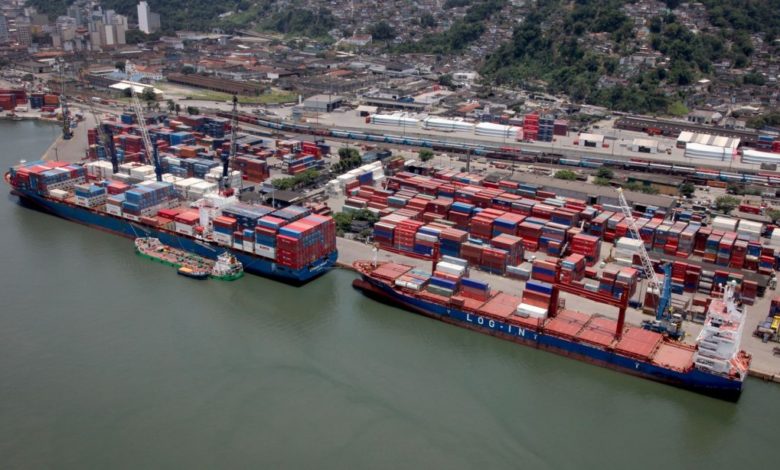Drug cartels force MSC to suspend intermodal operations in Brazil with Santos labelled cocaine’s ‘world trade center’

Mediterranean Shipping Company (MSC), the world’s largest containerline, has put some land operations on hold in Brazil, fearful of drug cartels working their way into boxes bound for North America and Europe.
In a notice sent to clients in Brazil last week by MSC, the Geneva-headquartered company stated that criminals were intercepting containers to try and ship drugs overseas.
As a result, MSC has taken the decision to indefinitely suspend the operations of stuffing and pre-stacking of road, rail and barge boxes for exports across Brazil.
“This only concerns some intermodal operations including stuffing of containers in Brazil,” a spokesperson for MSC told Splash today.
The news comes as MSC readies to beef up its coverage of Brazil, Latin America’s largest country, with the imminent take over of of Brazilian regional container shipping operator Log-In Logistica.
Drugs busts on MSC ships have made many headlines in recent years and even saw American authorities temporarily withdraw the liner’s Customs Trade Partnership (C-TPAT) certification after a record $1.1bn haul of cocaine was found on the MSC Gayane in 2019.
Nearly 90% of all cocaine, 45% of all cannabis, and 30% of all amphetamine type stimulants seized globally during January 2017 to April 2020 were trafficked via sea, according to data from the International Chamber of Shipping.
Brazil’s top port, Santos, was described as ‘cocaine’s world trade center’ in a report earlier this month published by InSight Crime, a platform covering organised crime in Latin America.
The port has become a “crucial lynchpin” for the global cocaine trade, the report stated with much of the growth coming from the rise of the First Capital Command (Primeiro Comando da Capital – PCC), a powerful drug gang that dominates São Paulo.
“The gang has efficiently extended its drug trafficking tentacles across the region, focusing especially on Paraguay and into Bolivia. In doing so, the PCC controls several major cocaine trafficking routes, with the drug being produced in Bolivia and transported through Paraguay and Brazil to Santos,” InSight Crime noted.

Great news! Depopularizing the crazy mind altering drugs (both legal and illegal) is vital for our future generations. There is no value. Preventing the shipment is awesome. Love this story !!